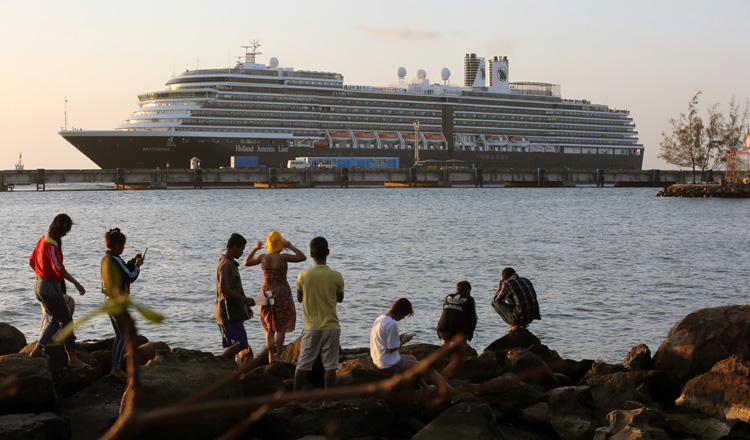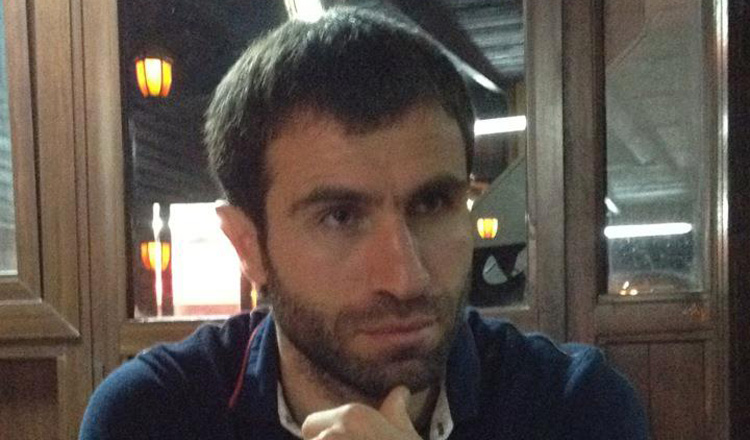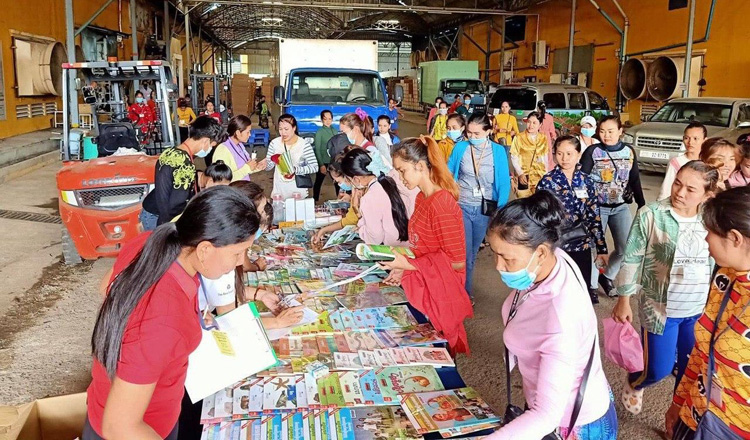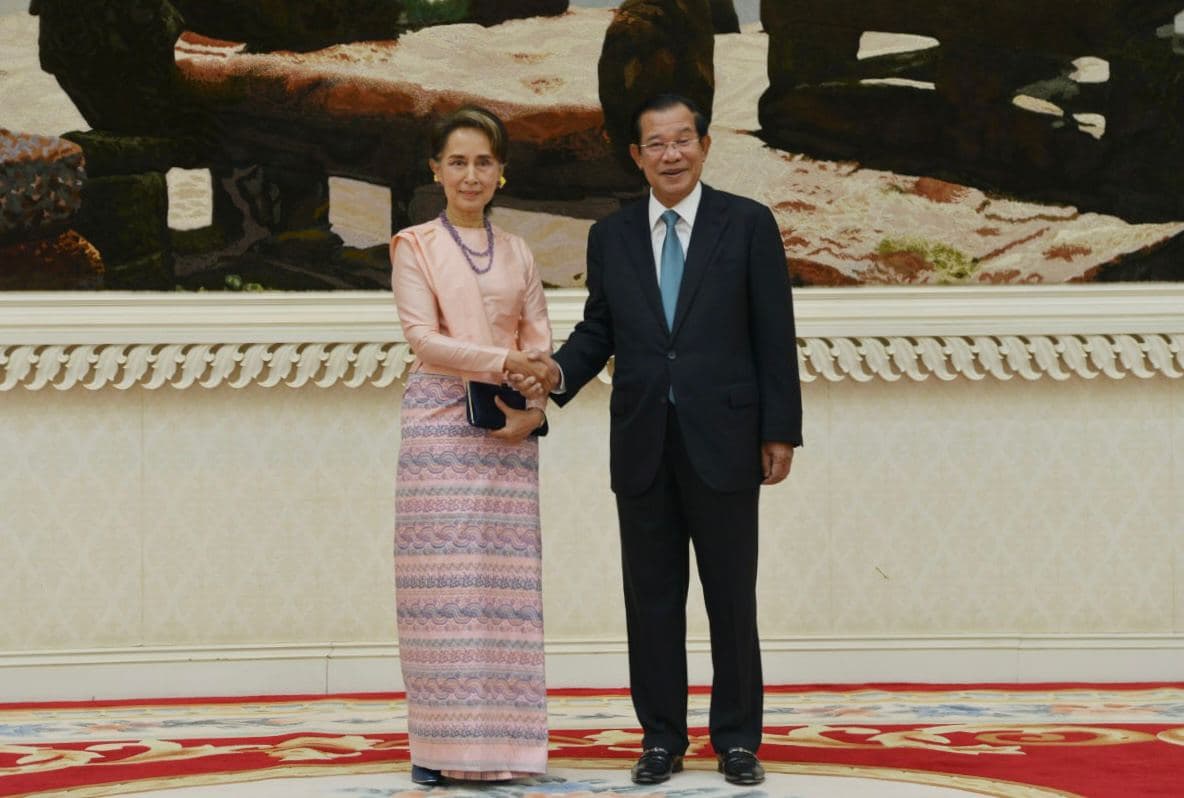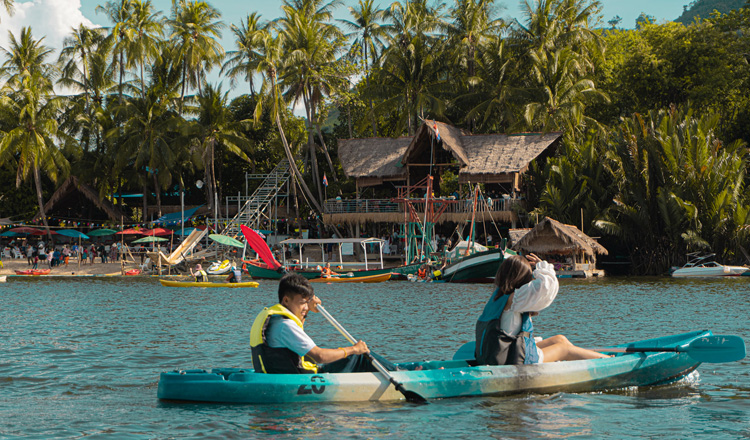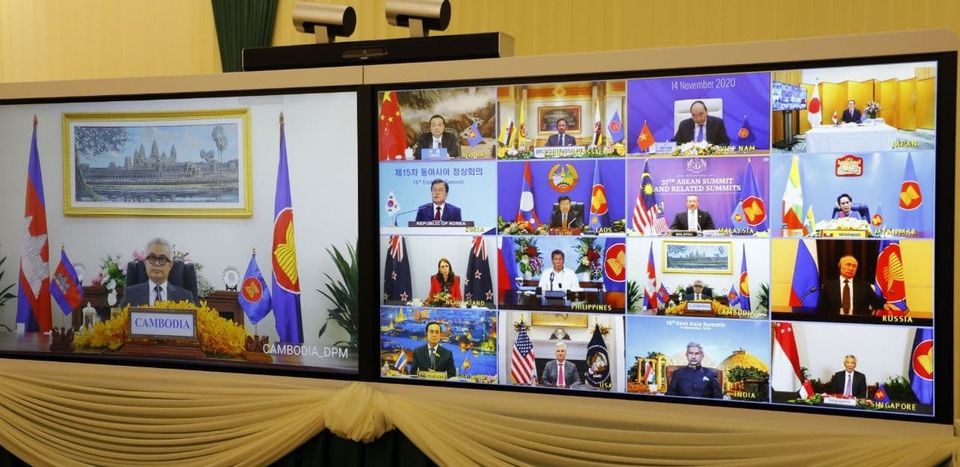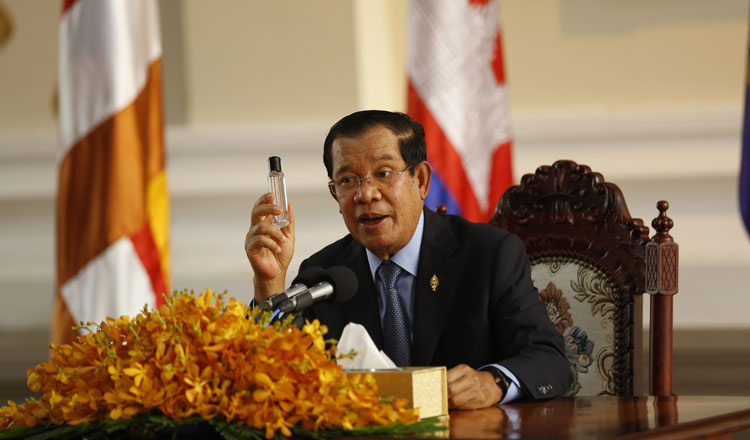Sector experts say tourism post COVID-19 must adapt
The Eco Hotel Summit, organised by Eco Resort Network and being held this week, is discussing what post-COVID-19 tourism will look like.
The online conference began on Monday in association with No Footprint Consulting and World of Glamping and is hosting over 50 sector experts covering a wide variety of topics, as well as offering innovative virtual networking opportunities.
Co-Founder of “Tourism Declares a Climate Emergency” , Jeremy Smith, who was featured in a talk on the first day titled “How Does COVID Change the Outlook for Sustainable Travel?” spoke about the challenges faced by the industry amid COVID-19 and what post-pandemic tourism may look like.
“There is large-scale uncertainty in the industry right now. The simple fact is although we want to talk about post-COVID-19 tourism, we are in fact very much still amid the pandemic,” he said.
“However, people still want to travel. Therefore, the sector still needs to look at how it can adapt and change to meet the new requirements from tourists and countries to continue the industry,” he said.
Identifying the areas of tourism which have and will be affected the most, he said that places, activities and adventures which require close proximity and crowds will find it harder to adapt.
“Places like markets, temples or concert venues will find it difficult to follow the measures of social distancing and minimal contact going forward,” he said. “Businesses offering services within tourism amid and post-COVID-19 will be required to reduce risk.”
Smith also said this is going to affect different forms of tourism.
“Volunteering abroad or ‘voluntourism’ is a growing sector which will be massively impacted. People volunteering with animal shelters or at schools abroad will have to completely rethink safety measures and policy,” he said. “In fact, interaction, in general, will also have to be controlled given the lessons we have learnt over the risk that animal to human disease transmission poses.”
Smith said countries globally are now talking about a new ‘low-touch economy’, to curb the risks of transmission in the future while allowing the economy to continue.
Stephanie Curtis-Raleigh, the summit’s event organiser, agreed, citing specific aspects of tourism which will definitely suffer, especially excursions aimed at the older tourist, such as cruises.
“I think the image of cruise ships unable to dock at so many countries with people essentially stuck on board will stick in many people’s minds,” she said. “Older travellers are also more at risk, so they will need more reassurance about travelling in future. It’s a big market and the sector will have to think hard about a new approach amid and post-virus.”
One development that is seen in the industry, Smith said, is operators and businesses are beginning to offer “COVID Safe” certification.
Indeed, last week Emirates announced they would be the first airline to offer free global COVID-19 health expenses and quarantine costs to passengers, a move cited to entice customers worried about the potential costs of travelling amid the pandemic should they contract the virus.
Madhu Rajesh, the director of International Tourism Partnership who also spoke on the first day of the event, said the sector will have to adapt.
“Hospitality, travel and tourism are definitely the worst impacted by the pandemic. Therefore industry response will be important,” she said. “Our partnership, which is a membership organisation that works with world-leading hotel brands covering around 30 thousand hotels globally, or around 15 percent of the industry, aims to bring together a coordinated effort to bounce back post-COVID-19.”
“We want to focus on the sustainability of the industry for all stakeholders. We need to come together and realise the power of collective action to form meaningful global partnerships with non-profit organisations, governments, NGOs, foundations and so on. This way, we can combat the disease and diversify our services to build resilience in the sector,” Madhu added.
Smith agreed, saying that cooperation in the future will be important and lessons have to be learnt.
“What has happened has meant we need to confront the fact that we have not been able to cope well with abstract risk. However, it’s not just the pandemic that is posing abstract risk but also climate change and unsustainable tourism,” he said.
“The positives have been that many more people have been washing hands and taking hygiene seriously because of it. However, we need to be more resilient looking forward and that will be through building cooperation and real sustainability into tourism,” Smith added.
The Eco Hotel Summit, which ends on Friday, is available for anyone in the sector or the general public to access and is free for Eco Resort Network members.
Credited: Khmer Times

